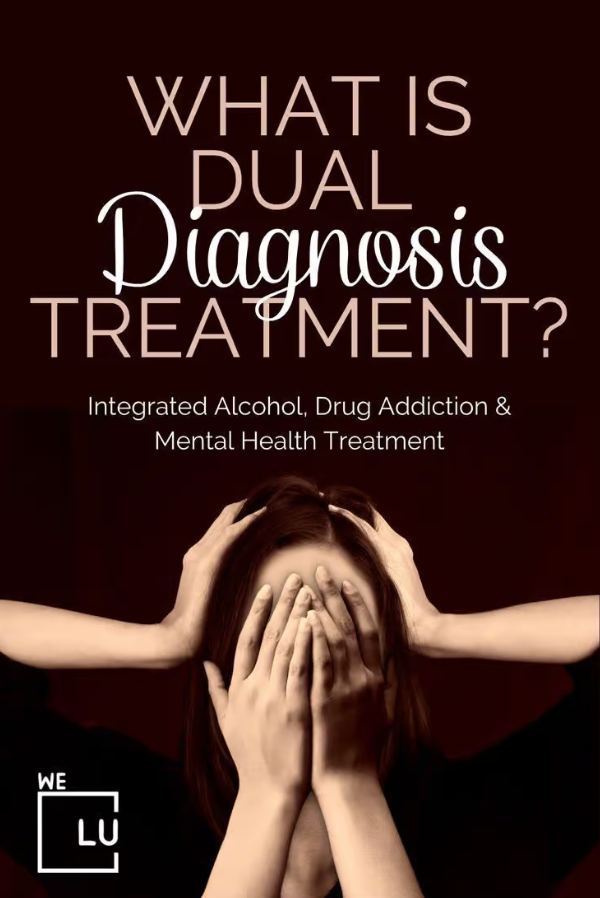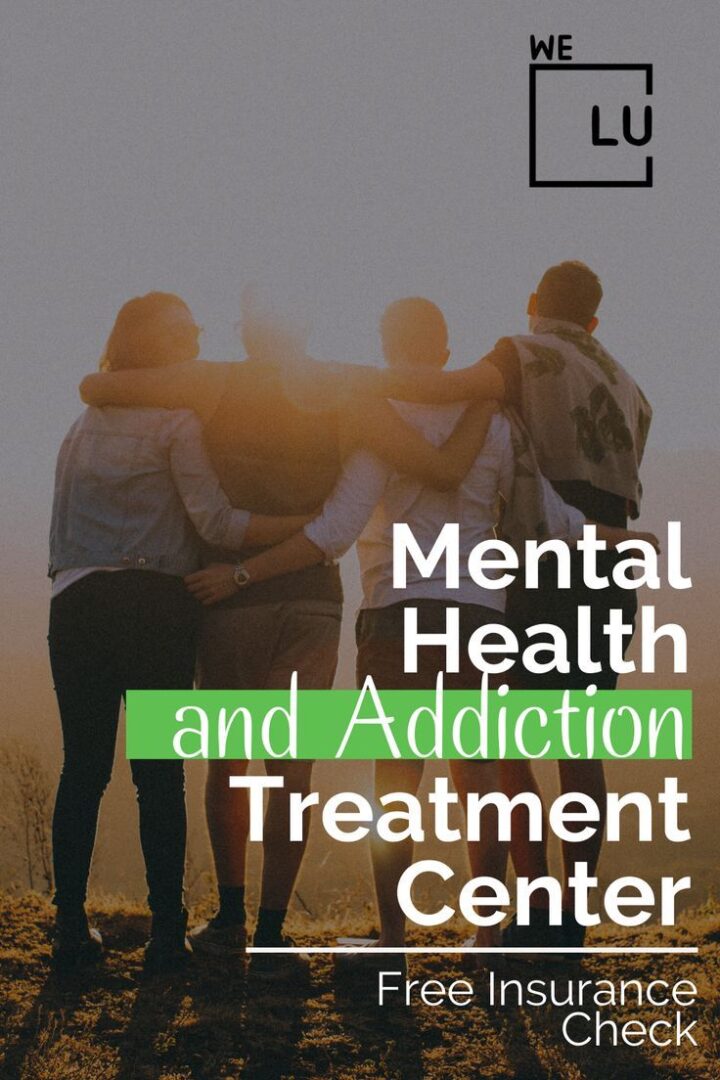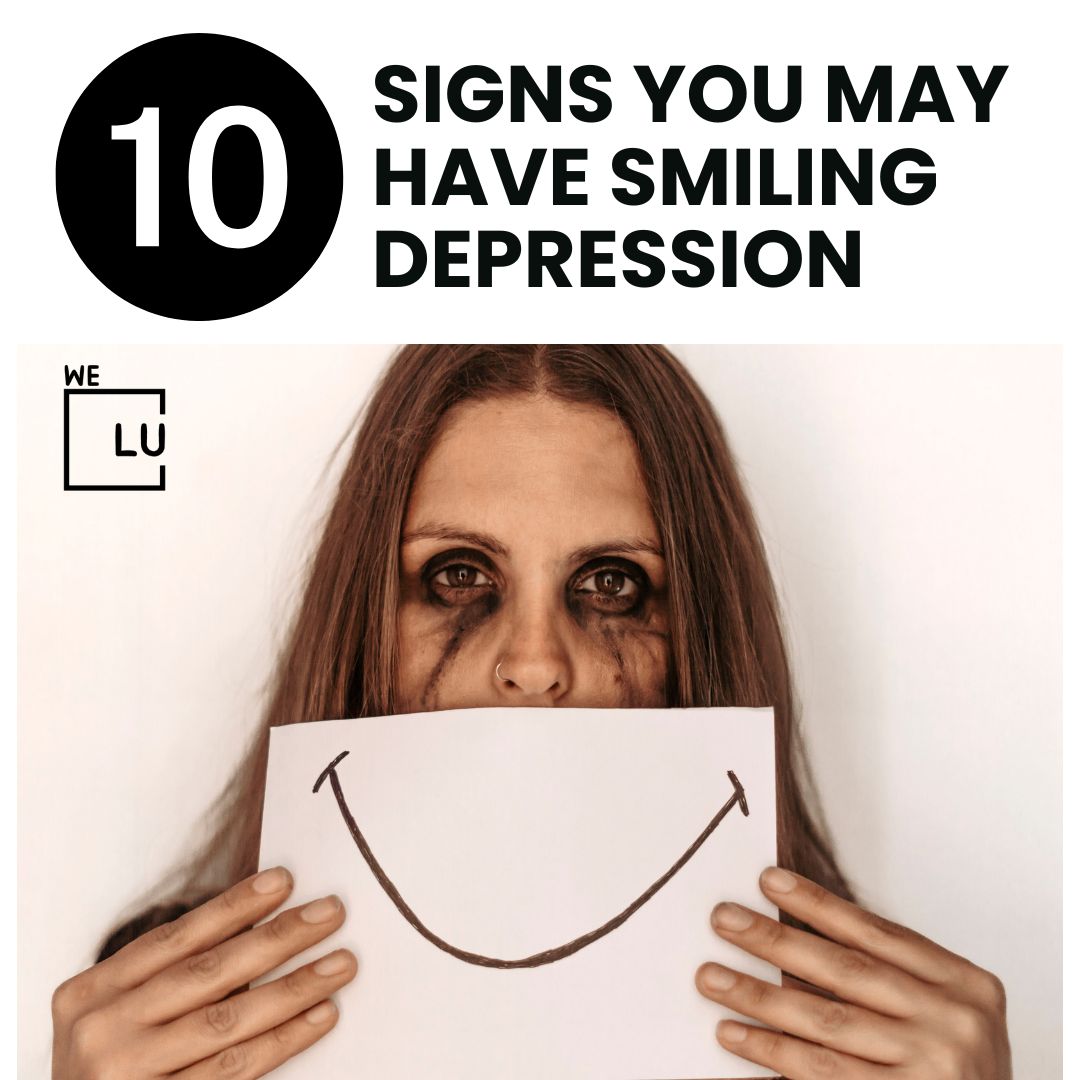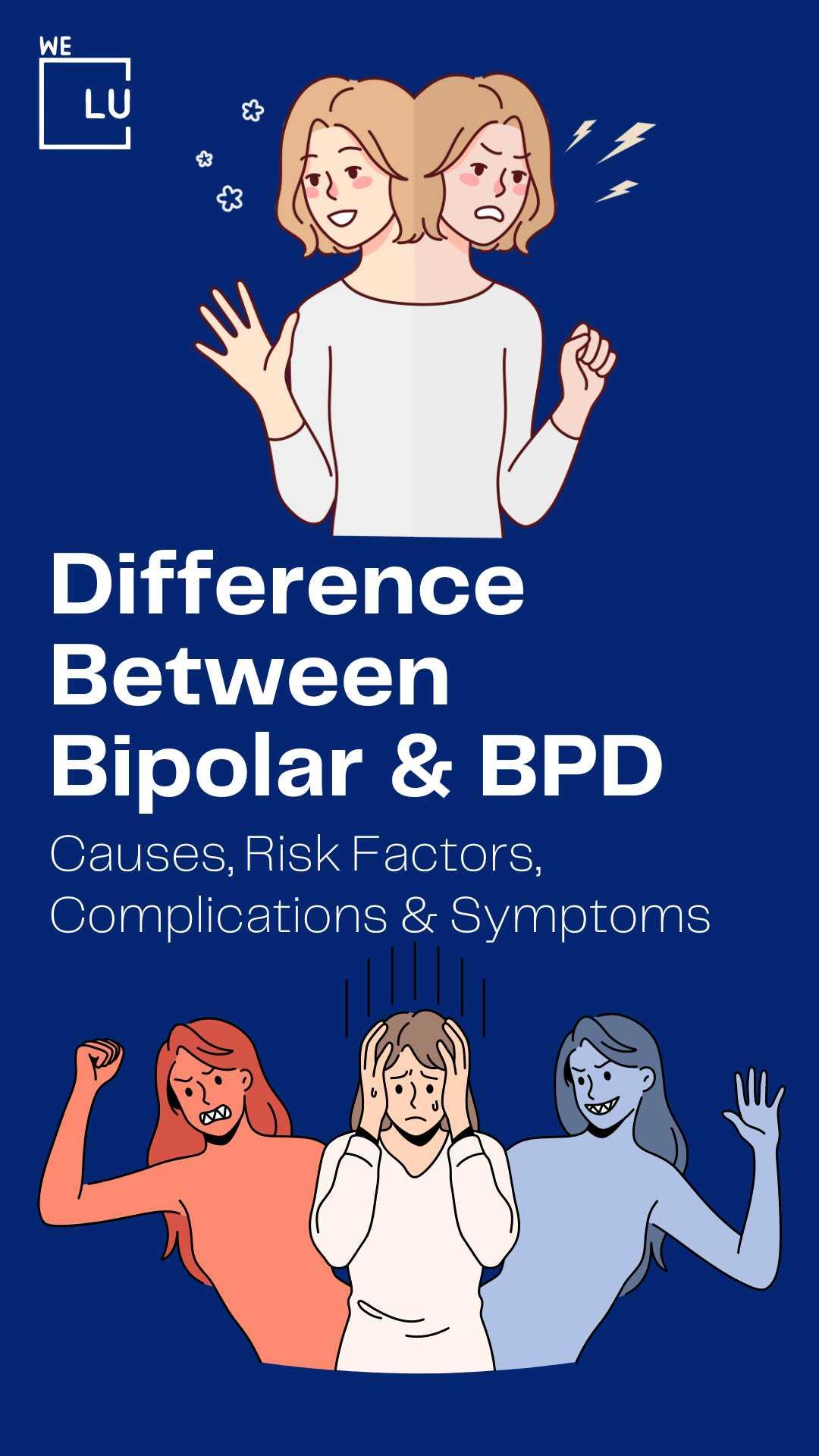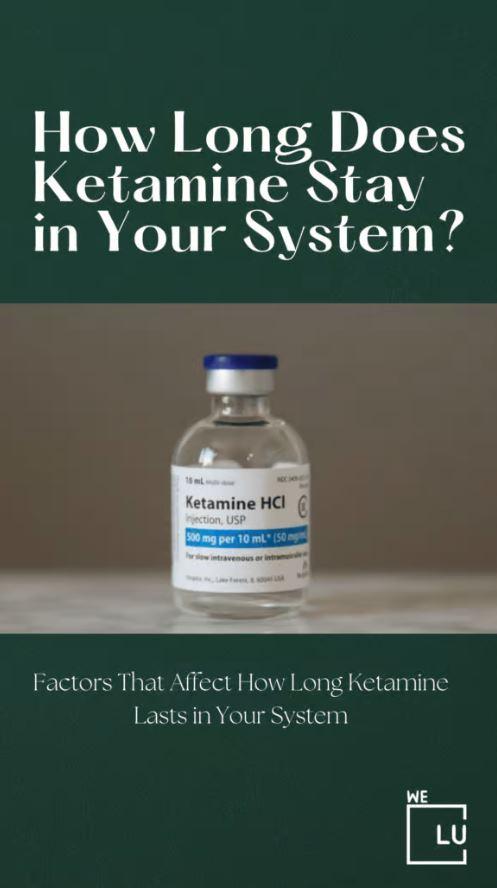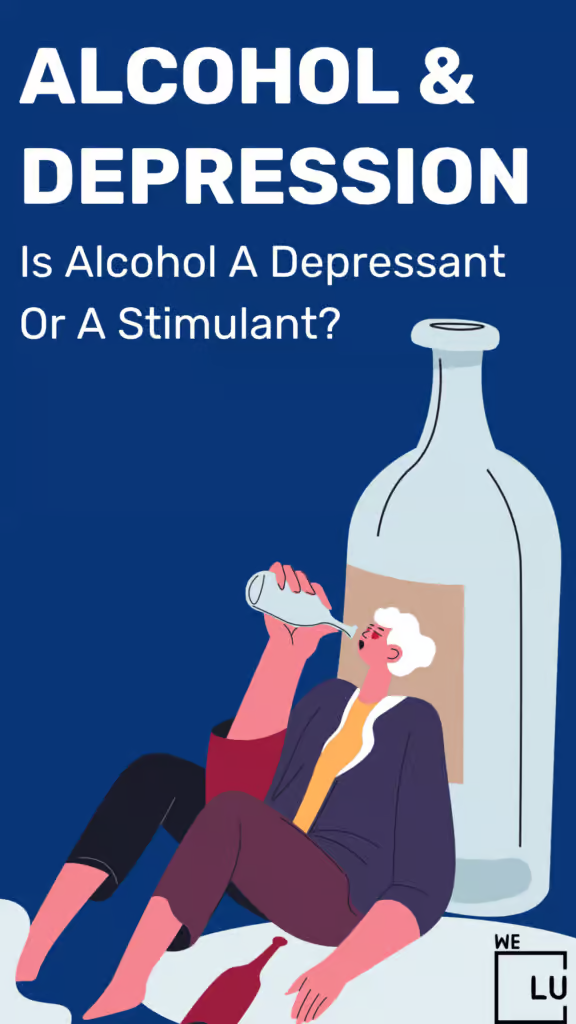Top 10 Tips on How to Reduce Anxiety Immediately
Anxiety is a common experience with feelings of tension and nervousness. It often arises in various situations, from arguments to job interviews. Calming down might feel challenging when anxiety peaks, but learning and practicing techniques can offer instant relief, helping you stay calm in stressful moments.
1. Diaphragmatic Breathing
Inhale slowly as you fill your lungs. Let your belly expand. Hold for a moment, then exhale slowly, tightening your abs. This engages your calming nervous system, counteracting anxiety caused by shallow, fast breathing. Deep breaths restore standard patterns of your breath and reduce physical symptoms of anxiety.
2. Run
Exercise’s anti-anxiety effects result from diverting attention and changing brain chemistry, promoting neurotransmitters like serotonin, GABA, BDNF, and endocannabinoids. Frequent exercise reduces anxiety symptoms by improving focus and willpower. Choose what works best for you, whether you like gentler alternatives like yoga, Pilates, or high-intensity workouts.
3. Avoid Alcohol
Drinking alcohol might help you relax initially because it’s a natural sedative. However, heavy drinking messes with your brain messengers, called neurotransmitters, that play a role in positive mental health. This disruption can lead to anxiety symptoms. While anxiety might spike temporarily when you stop drinking, it tends to get better in the long run—moreover, drinking messes with your natural sleep cycle, potentially causing chronic sleep problems. Good sleep is a big help in dealing with anxiety.
The Link Between Anxiety and Addiction
Using drugs or alcohol can make anxiety attacks more likely or worse. For instance, cocaine use has been linked to increased paranoia and anxiety, as per the Substance Abuse and Mental Health Services Administration. (SAMHSA) [1]
Substance misuse and anxiety frequently coexist. The We Level Up Texas Treatment Center can offer support if co-occurring disorders are affecting you or someone you love. Call our hotline for a free and confidential consultation.
4. Name What You’re Feeling
Expressing intense feelings verbally means putting your emotions into words. Ask yourself questions that kick your analytical brain in, like, “What am I feeling? Is it anger, fear, or something else?
According to the Trauma-Informed Care in Behavioral Health Services, studies on PTSD show that some people take longer to realize a threat has diminished. Describing emotions engages the brain’s prefrontal cortex, which can help to calm you down. When anxiety hits, you may not notice it until it’s intense. Naming it enables you to realize it’s just anxiety, not reality, and that it will pass. [2]
Disrupt the anxiety cycle by recognizing it and using thought-stopping techniques. Tell yourself to “stop” the internal messages that heighten anxiety.
Tell yourself, “I will get through this—one way or another.” Naming your feelings helps you detach from them, reminding you that it’s just anxiety and won’t last forever.
5. Guided Imagery
According to research published by the National Center for Biotechnology Information (NCBI), picturing something that brings you joy or comfort—a person, place, or thing- can help ease anxiety. Imagine them in vivid detail. Studies show that envisioning an activity can trigger responses similar to those doing it. For example, watching videos of triathletes increased brain activity and heart rates in others. [3]
6. Try Aromatherapy
Just whiff the oils or add them to a diffuser. Aromatherapy is about making you feel good—helping you relax, get better sleep, boost your mood, and reduce your heart rate and blood pressure. Give oils like bergamot, lavender, clary sage, grapefruit, and ylang-ylang a try to ease things up.
7. Change Your Music Playlist
- Distract with music: Play an instrument, or imagine playing your favorite songs. Making music gives your brain a break and helps you think more clearly.
- Create a new playlist: Make a collection with three current favorites on your device and add songs from different times. Music relaxes and distracts, especially when it brings happy memories.
8. Limit Caffeine Intake
Think of it a bit like alcohol—caffeine messes with your brain chemistry, blocking the tiredness-inducing adenosine and triggering a surge of adrenaline. While caffeine is usually okay, cutting back gradually over a few weeks might be beneficial if you’re considering it. Swap out your caffeinated drinks with water to stay hydrated and make the transition smoother, avoiding those withdrawal symptoms.
9. Quit Smoking Cigarettes
Create a smoke-free environment by adopting distracting habits and make a plan with support from friends or family for encouragement and distractions. Quitting smoking can significantly improve anxiety. Cigarette smoke’s nicotine and chemicals can mess with brain neurotransmitter pathways linked to anxiety and panic disorder.
10. Meditate and Practice Mindfulness
Meditation helps you embrace the present without passing judgment on your thoughts, leading to a zen-like state. Plus, it’s not just a chill pill. A study (published by the National Center for Biotechnology Information) [4] revealed that an 8-week mindfulness-based stress reduction program could rival the powers of the antidepressant Lexapro in calming the storm of anxiety.
If you’re struggling with anxiety attacks and substance abuse, get resources about treatment counseling that works. Start getting support with a free call to our mental health and addiction hotline.
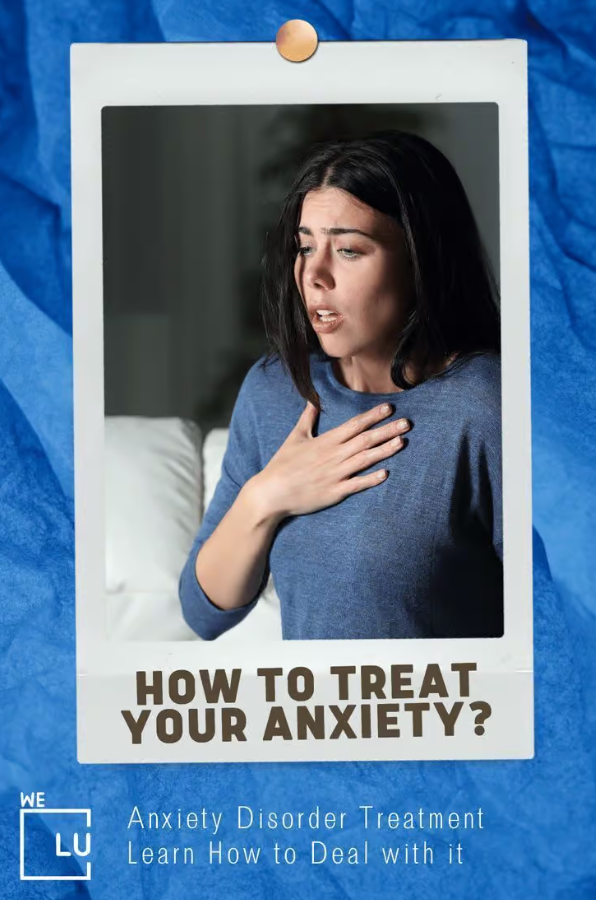
Skip To:
Learn More:
- How to Calm Anxiety Attacks? Symptoms, Causes, and Treatment
- Beta Blockers for Anxiety Benefits, Dangers, and Side Effects
- Separation Anxiety in Adults, Causes, Symptoms, and Treatment
- Does Alcohol Help Anxiety?
- Dangers of Mixing Anxiety Medication and Alcohol
- What is Sleep Anxiety?
- What to Know About Valium for Anxiety
- Alcohol and Anxiety Co-Occurring Disorders
- Mental Health Assessment for Mental Illness Treatment
- Dual Diagnosis Treatment
Get Help. Get Better. Get Your Life Back.
Searching for Accredited Drug and Alcohol Rehab Centers Near You? We Level Up Texas Is Opening Soon!
Even if you have failed previously and relapsed, or are in the middle of a difficult crisis, we stand ready to support you. Our trusted behavioral health specialists will not give up on you. When you feel ready or just want someone to speak to about therapy alternatives to change your life call us. Even if we cannot assist you, we will lead you to wherever you can get support. There is no obligation. Call our network hotline today.
FREE Addiction Hotline – Call 24/7How to Treat Anxiety?
If anxiety is disrupting your daily life functioning or if someone experiences symptoms of anxiety disorder, you can consult a healthcare professional to explore coping methods and treatment options.
Relieving anxiety can be achieved through self-help, but when needed, psychotherapy and medication are the primary treatments for anxiety disorders. It’s time to consult a mental health professional if anxiety is constant, hinders daily activities, involves threatening concerns, or includes panic attacks.
Check your insurance coverage for mental health services, seek recommendations from your primary care doctor, or consult with We Level Up Texas rehab healthcare professionals. A thorough mental health examination determines opportunities for treatment. Meeting with mental health counselors and medical care providers means admission to behavioral therapy and medication treatment. Suitable treatment leads to change for better, more restorative living. This is all possible at our dual diagnosis rehab center in Texas.
Popular Foods That Reduce Anxiety Fast
Nutrient-rich foods can contribute to alleviating anxiety and promoting overall well-being. Here are healthy foods that you can include in your diet to avoid anxiety attacks and help with relieving their symptoms:
- Blueberries.
- Almonds.
- Fatty Fish (e.g., Salmon).
- Dark Chocolate.
- Greek Yogurt.
- Green Tea.
- Turmeric.
- Brazil Nuts.
- Eggs.
- Pumpkin Seeds.

Get Your Life Back
Find Hope & Recovery. Get Safe Comfortable Detox, Addiction Rehab & Dual Diagnosis High-Quality Care.
FREE Addiction Hotline – Call 24/7Tips on How to Reduce Stress and Anxiety with Long-term Adjustments
Individuals struggling with anxiety disorders require more than brief advice; they necessitate ongoing adjustments to their lifestyle for sustained relief.
- Prioritize self-care.
- Establish healthy boundaries.
- Practice mindfulness and meditation.
- Maintain a balanced diet.
- Engage in regular physical activity.
- Ensure sufficient sleep.
- Foster a supportive social network.
- Set realistic goals and expectations.
- Learn effective time management.
- Seek professional help when needed.
- Avoid substance abuse and alcoholism.
Addiction and mental disorders, like anxiety, often go hand in hand. Traditional treatment centers might struggle to address both, but the We Level Up Texas treatment center specializes in dual diagnosis. Using substances as an easy fix for mental health issues can lead to a cycle of dependence and addiction, even for those without initial mental health problems. Ignoring these dual-diagnosis issues can worsen drug abuse, and certain substances may trigger flashbacks even when you quit. It’s crucial not just to tackle anxiety attacks but also to address biochemical imbalances in the brain that contribute to addiction. Our professionals are skilled in handling both aspects for a more effective recovery.
If you’re seeking assistance with your rehab journey, reach out to a We Level Up Texas treatment professional today—your call is free and confidential.
Opening Soon! First-Class Facilities & Amenities
World-Class High-Quality Addiction & Mental Health Rehabilitation Treatment
Coming Soon! Rehab Centers TourRenowned Addiction Centers. Serene Private Facilities. Inpatient Rehab Programs Vary.
FREE Addiction Hotline – Call 24/7Proven recovery success experience, backed by a Team with History of:
- 15+ Years Experience
- 100s of 5-Star Reviews
- 10K+ Recovery Successes
- Low Patient to Therapist Ratio
- Onsite Medical Detox Center
- Comprehensive Dual-Diagnosis Treatment
- Complimentary Family & Alumni Programs
- Coaching, Recovery & Personal Development Events
We Level Up Texas Dual Diagnosis Rehab Center for Anxiety and Addiction
At We Level Up Texas Treatment Center, we think fixing addiction is like solving a puzzle that we must work on together—finding and treating the underlying issues together for better success. We don’t believe in one-size-fits-all healing. Our supportive team evaluates you physically and mentally when you enter our dual diagnosis treatment center. We figure out what’s going on, like anxiety disorders, and plan a personalized approach for long-term sobriety. It’s not just about the addiction; it’s about understanding and treating everything together. Our experienced team makes sure your diagnosis is spot-on.
Treating Both Mental Health and Addiction
While you probably seek to live a life free from the bonds of drug use, it may be required for some patients to use their prescriptions for certain mental health disorders. These drugs are seldom addictive or high-inducing in their quality. These prescriptions may be needed to improve the quality of your life and drastically improve the chances of your long-term recovery. Many of the non-addictive anti-anxiety medications are SSRIs or antidepressants.
Suppose you’re struggling with drug use and withdrawals. In that case, most dual diagnosis treatment programs begin with a medical detox process to remove the physical dependency on any drugs or alcohol, then a residency program. The inpatient program can last up to 30 days or two months and is designed to provide intensive, focused therapy in a controlled setting to help you manage your condition and give you the mechanisms necessary to overcome the cravings and temptations of everyday life.
Get a free rehab insurance check without any obligation. The result can help you explore several treatment options.
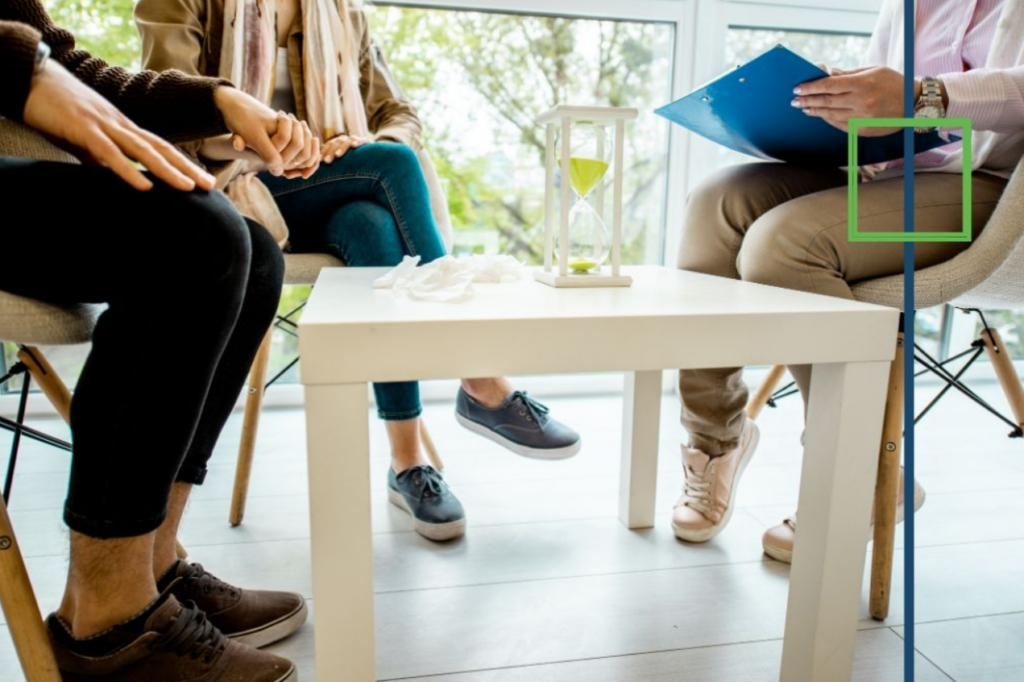
Top 6 Non-Addictive Anti-Anxiety Medications, Side Effects, and Things You Should Know | Informative Video
Start a New Life
Begin with a free call to an addiction & behavioral health treatment advisor. Learn more about our dual-diagnosis programs. The We Level Up treatment center network delivers recovery programs that vary by each treatment facility. Call to learn more.
- Personalized Care
- Caring Accountable Staff
- World-class Amenities
- Licensed & Accredited
- Renowned w/ 100s 5-Star Reviews
We’ll Call You
Search We Level Up Texas Top 10 Tips on How to Reduce Anxiety Immediately, Detox Topics, and Resources
Sources
- The Key Substance Use and Mental Health Indicators in the United States: Results from the 2021 National Survey on Drug Use and Health – Substance Abuse and Mental Health Services Administration (SAMHSA)
- Center for Substance Abuse Treatment (US). Trauma-Informed Care in Behavioral Health Services. Rockville (MD): Substance Abuse and Mental Health Services Administration (US); 2014. (Treatment Improvement Protocol (TIP) Series, No. 57.) Chapter 3, Understanding the Impact of Trauma. Available from: https://www.ncbi.nlm.nih.gov/books/NBK207191/
- How to reduce anxiety naturally? Pearson J, Naselaris T, Holmes EA, Kosslyn SM. Mental Imagery: Functional Mechanisms and Clinical Applications. Trends Cogn Sci. 2015 Oct;19(10):590-602. Doi: 10.1016/j.tics.2015.08.003. PMID: 26412097; PMCID: PMC4595480.
- How to reduce anxiety immediately with mindfulness? Hoge EA, Bui E, Mete M, Dutton MA, Baker AW, Simon NM. Mindfulness-Based Stress Reduction vs Escitalopram for the Treatment of Adults With Anxiety Disorders: A Randomized Clinical Trial. JAMA Psychiatry. 2023 Jan 1;80(1):13-21. Doi: 10.1001/jamapsychiatry.2022.3679. PMID: 36350591; PMCID: PMC9647561. How to reduce nervousness and anxiety? Ways to reduce anxiety; anxiety how to reduce.
- Smith JP, Book SW. Anxiety and Substance Use Disorders: A Review. Psychiatr Times. 2008 Oct;25(10):19-23. PMID: 20640182; PMCID: PMC2904966. https://www.ncbi.nlm.nih.gov/pmc/articles/PMC2904966/
- How to reduce anxiety immediately with proper treatment? Munir S, Takov V. Generalized Anxiety Disorder. [Updated 2022 Oct 17]. In: StatPearls [Internet]. Treasure Island (FL): StatPearls Publishing; 2023 Jan-. Available from: https://www.ncbi.nlm.nih.gov/books/NBK441870/
- Lakhan SE, Vieira KF. Nutritional and herbal supplements for anxiety and anxiety-related disorders: systematic review. Nutr J. 2010 Oct 7;9:42. Doi: 10.1186/1475-2891-9-42. PMID: 20929532; PMCID: PMC2959081.
- How to reduce anxiety immediately and naturally? Liu L, Liu C, Wang Y, Wang P, Li Y, Li B. Herbal Medicine for Anxiety, Depression and Insomnia. Curr Neuropharmacol. 2015;13(4):481-93. Doi: 10.2174/1570159×1304150831122734. PMID: 26412068; PMCID: PMC4790408.
- Brady KT, Haynes LF, Hartwell KJ, Killeen TK. Substance use disorders and anxiety: a treatment challenge for social workers. Soc Work Public Health. 2013;28(3-4):407-23. Doi: 10.1080/19371918.2013.774675. PMID: 23731428; PMCID: PMC3775646. https://www.ncbi.nlm.nih.gov/pmc/articles/PMC3775646/
- Mental Health Conditions: Depression and Anxiety – Centers for Disease Control and Prevention (CDC) https://www.cdc.gov/tobacco/campaign/tips/diseases/depression-anxiety.html
- NIDA. 2022, September 27. Part 1: The Connection Between Substance Use Disorders and Mental Illness. Retrieved from https://nida.nih.gov/publications/research-reports/common-comorbidities-substance-use-disorders/part-1-connection-between-substance-use-disorders-mental-illness on 2024, January 4
- Can Using Drugs Help Me Deal With Anxiety and Depression? – National Institute on Drug Abuse (NIDA)
- Aylett E, Small N, Bower P. Exercise in treating clinical anxiety in general practice – a systematic review and meta-analysis. BMC Health Serv Res. 2018 Jul 16;18(1):559. Doi: 10.1186/s12913-018-3313-5. PMID: 30012142; PMCID: PMC6048763.
